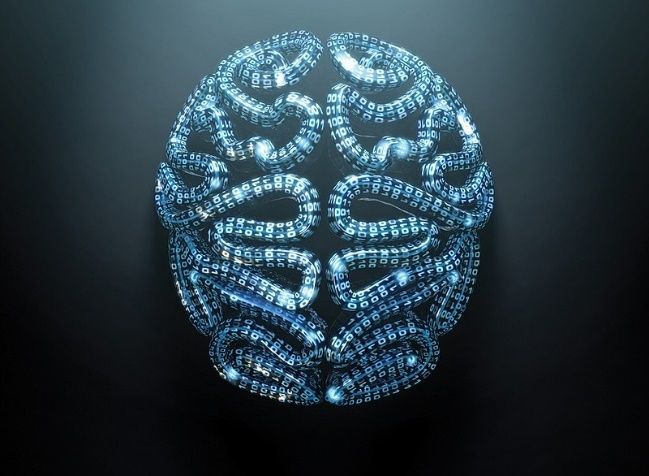April Sawhill Featured in Edge Magazine
Five Things to Never Assume About Artificial Intelligence

Artificial Intelligence (AI) is employed in myriad ways to improve our lives -- enhance business efficiencies, diagnose medical ailments, manage smart cities and create tangible works. AI is all around us and experts agree that there is no stopping what has been coined the "Fourth Industrial Revolution." Yet, AI is still evolving, and one should not assume that it is flawless.
AI is Always Accurate
AI functions by collecting and learning from data, known as machine learning. In large language model (LLM) AI systems, algorithms are designed to source information from digital resources and analyze that data to produce a defined result. If gaps or falsehoods exist in the data, however, LLM AI can produce "hallucinations" – false or misleading information presented as fact by AI.
AI is Neutral
AI algorithms are coded by humans and feed on data produced by humans. As such, bias, discrepancies, or underrepresentation in coding or data could lead to discriminatory outcomes. Known examples include credit cards awarding bigger loans to men and job candidates with "field hockey" in their resume being selected over others. There is no moral basis by which AI operates.
AI is Predictable
Traditional AI, which executes tasks with predetermined algorithms, typically performs as expected. Generative AI (e.g. ChatGPT), however, which uses machine learning to create new content, is not always predictable. With deep machine learning, how the AI reaches its answer is unintelligible to the human mind and not explainable by the AI system. This is known as the "black box problem."
AI is Unregulated
A wide range of AI regulations are emerging globally. Legislation primarily targets Generative AI, particularly ones that endanger national security, damage public interest or are illegal. The European Union established categories of risk for AI systems, and is now considering whether Generative AI is "high risk." In the United States, there is a focus on regulating the dissemination of misinformation and deep fakes.
AI Replaces Human Thinking
AI is a tool. While it replicates many human skills, it does not have emotions, morals, intuition or ingenuity; nor can it rely on experiential knowledge. Other concerns exist that AI will replace workers. While it may reduce or eliminate job functions, it will also lead to the creation of new roles as we learn to harness AI's potential.
April Sawhill became intrigued by artificial intelligence while the Assistant Director of Research at the Center for Legal and Court Technology at William & Mary Law School in Virginia. She is now a business attorney at Grant Konvalinka & Harrison PC in Chattanooga, helping clients with their legal needs, including emerging technologies. She can be reached at asawhill@gkhpc.com.










